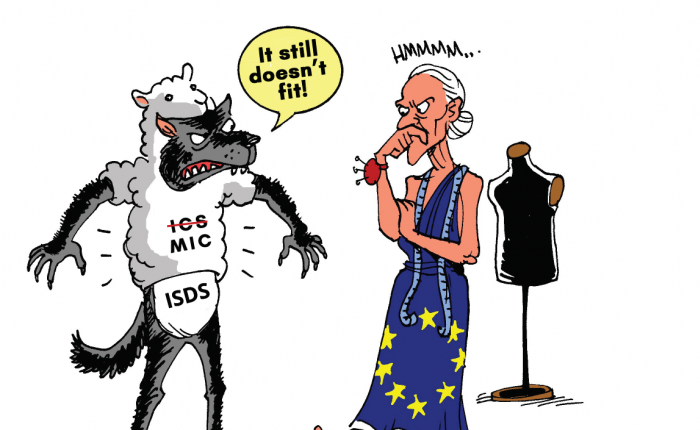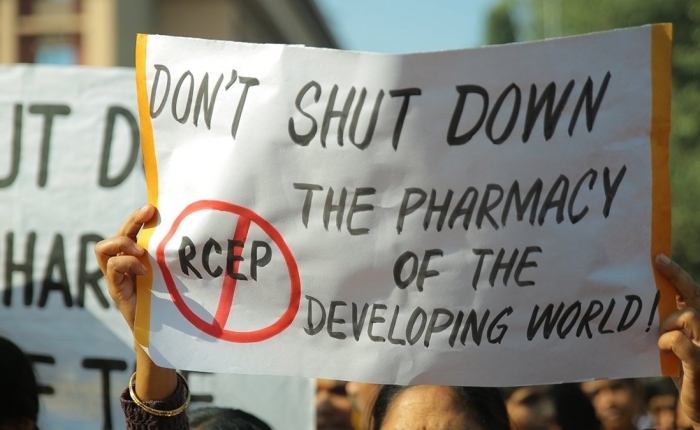No Trade in Public Services
The recent wave of trade agreements are direct threats to the provision of Quality Public Services. These new agreements encourage privatisation, restrict governments’ ability to regulate in the public interest and create new and powerful rights for large multinational corporations. They are also a threat to democracy and accountability of government. They are being negotiated in secret, without proper consultation and will bind future governments, often regardless of the decisions of national elections, parliaments and courts. PSI urges all affiliates to understand the implications and join our allies to oppose the harmful effects of these agreements.









